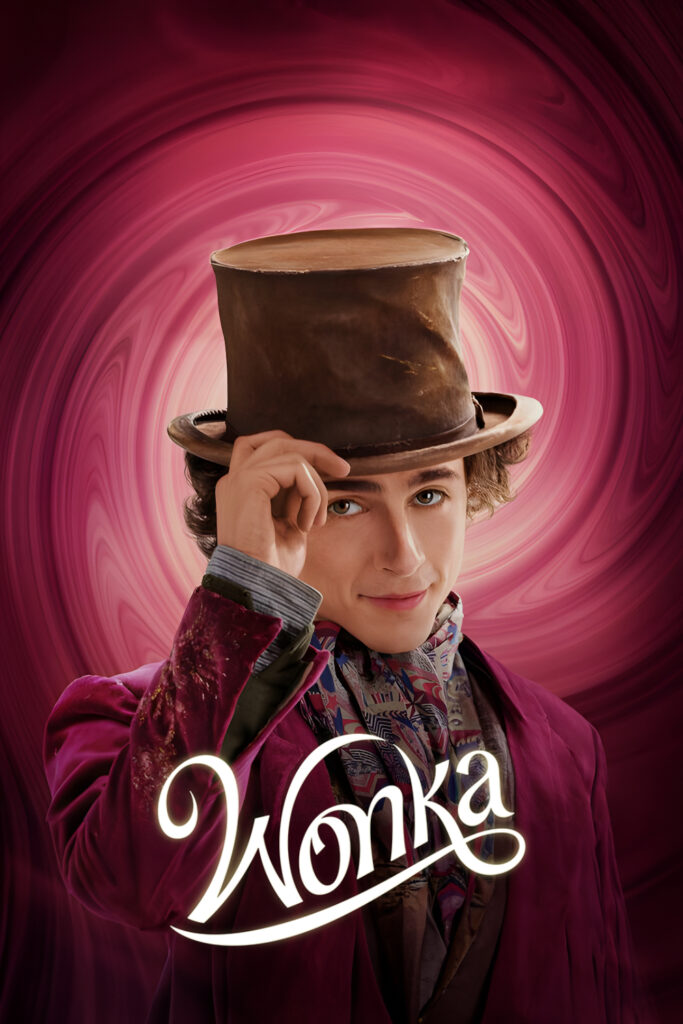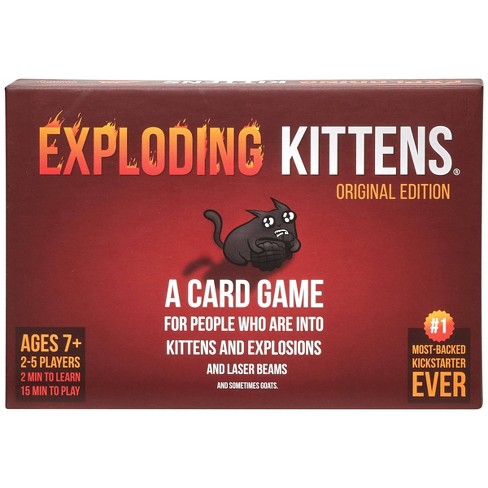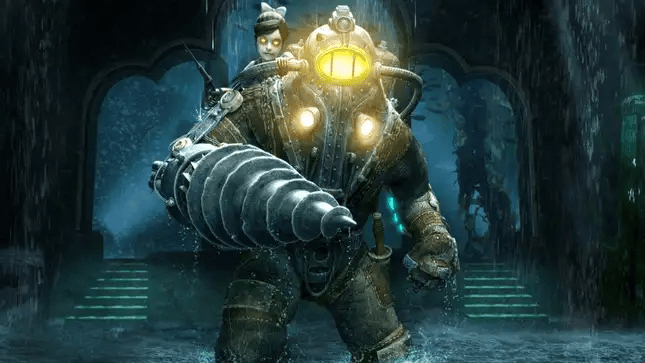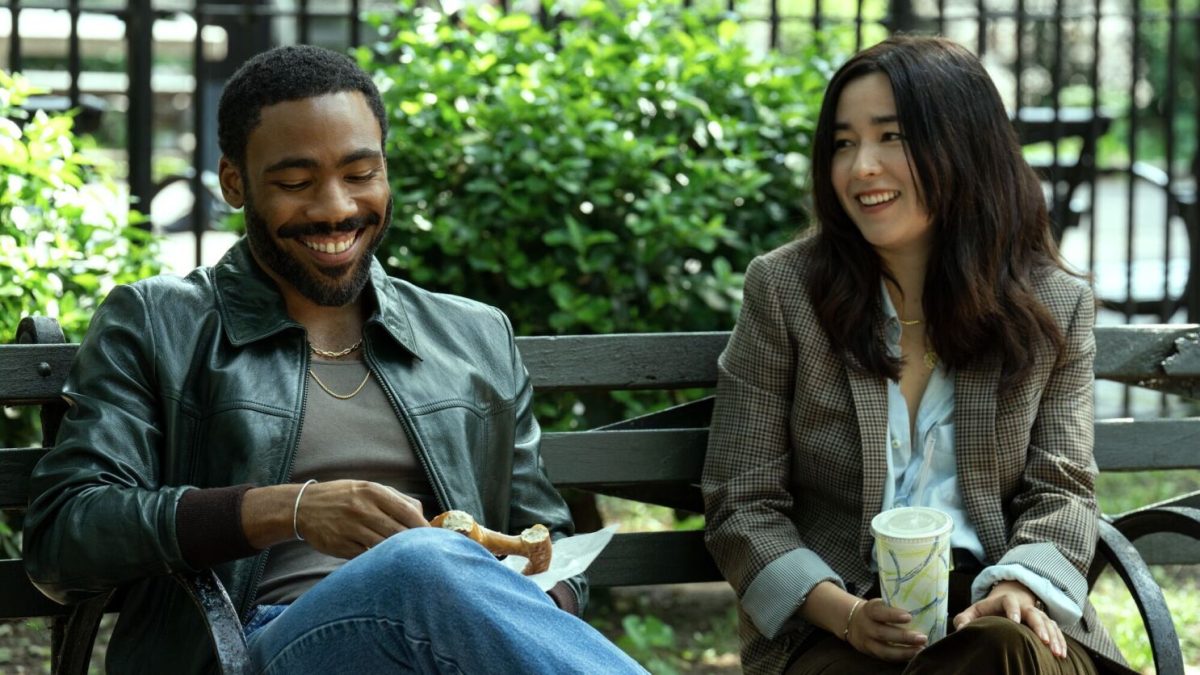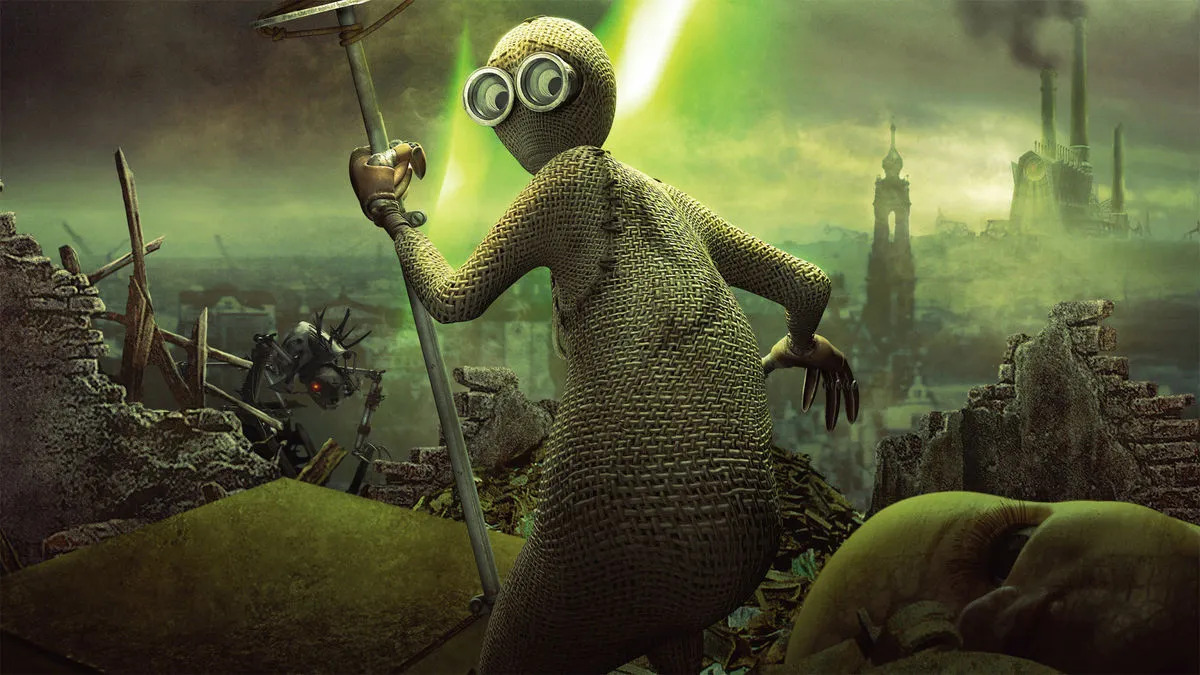Last year, a new movie in the Willy Wonka series was released, being the film that would revolve around Wonka and his chocolates, but in the much needed perspective of a prequel. The movie would finally tell the tale of how Wonka rose in fame and glory, the origins of the Oompa Loompas and Wonka’s chocolate factory.
It all started with “Willy Wonka and the Chocolate Factory”, a movie that would introduce a new kind of magic: through the power of making delicious chocolate and candies known and tasted by all, all the way back in 1971. The movie showed multiple themes and lessons through the scenery, from kids facing the problems in their lives that they are accustomed to in life, to showing that honesty is the right way to go, even through temptation. It was beloved by its watchers, which the question could have started to circle around, on how such a magical and bizarre factory came into existence?
That question would be answered in December of last year, as the long awaited prequel made its debut in theaters, over 50 years since the original in 1972 and 18 since its 2005 remake, “Charlie and the Chocolate Factory.” Since its release, it has been considered a box office success, making it to the hundred millions since its release. When the trailer first dropped months before, it had me intrigued to watch, but at the same time, there was doubt in my mind about its quality. Based on the trailer, it looked to be Willy Wonka when he was a child, which seemed kind of basic for it to be the children-based plot, but of course with Willy being a child.
Thankfully, my doubt and misunderstanding was proven wrong. A couple friends and I went to watch the movie at Bridge Street’s Cinemark a week after opening day. Once the movie began, I was already hooked on the plot, as it revolves around Wonka starting out as a young chocolate-making entrepreneur, traveling to a fictional British town to share his chocolate to its residents. As in typical movie fashion, it would not be that easy. Despite having very positive feedback to his first bizarre flying chocolate, he was quickly shut down by other chocolate salesmen and the police.
However, Wonka made this common plotpoint actually unique and like I have said before, bizarre, as in common Willy Wonka fashion this time. I would have never guessed that these “salesmen ” were actually the leaders of a chocolate cartel, who constantly tried to shut down Wonka to prevent him from intervening with their chocolate business, similar to the mafia and drug dealing. This would especially surprise me with an entire religion surrounding chocolate being established, with the cartel’s base being underneath a church, ridden with robed chocoholics, the priest in which is Rowan Atkinson, most known as Mr. Bean.
The whole idea of something that funny and random to be the first obstacle to Wonka’s success is hilarious, though they made this randomness flow with the plot and work as antagonists. The second most plotpoint is the scam that Wonka got sucked into, involving a cheap bed and breakfast, with him not reading the fine print of a waver he had to sign. Because he signed it, he was entitled to paying a devious and immense bill. Since he could not pay, he was forced to work off his debts in the building’s laundry department, alongside many others tricked into debt.
This leads to Wonka using his chocolate to pay off his debts instead, avoiding the chocolate cartel and police, while assisted by the other workers and a little girl by the name of Noodle. This section of the movie really showed off how teamwork was possible, even in situations such as this. It showed off the trickery and wits of Wonka, proving he always had tricks up his hat, even during his early years. Of course, the movie showed off the desired origins of the Oompa Loompas, or how Wonka met one at least. Some may say that this was not a reveal on how or why Wonka has them working for him, but the answer lies inside of Roald Dahl’s original book, stating that Wonka agreed to pay them cocoa beans. The reasoning to the decision to work was implied in the movie, though.
Overall, my expectations for Wonka were not high, but after watching, it was clear that these expectations were met by a long shot. The story was well written and presented, the characters and events throughout did not disappoint, and immature humor was not present, which was honestly surprising. I would recommend this movie to long-term fans of the series, even to people new to it as well. All I can say is I look forward to the next Willy Wonka movie, if one is planned for the future.



